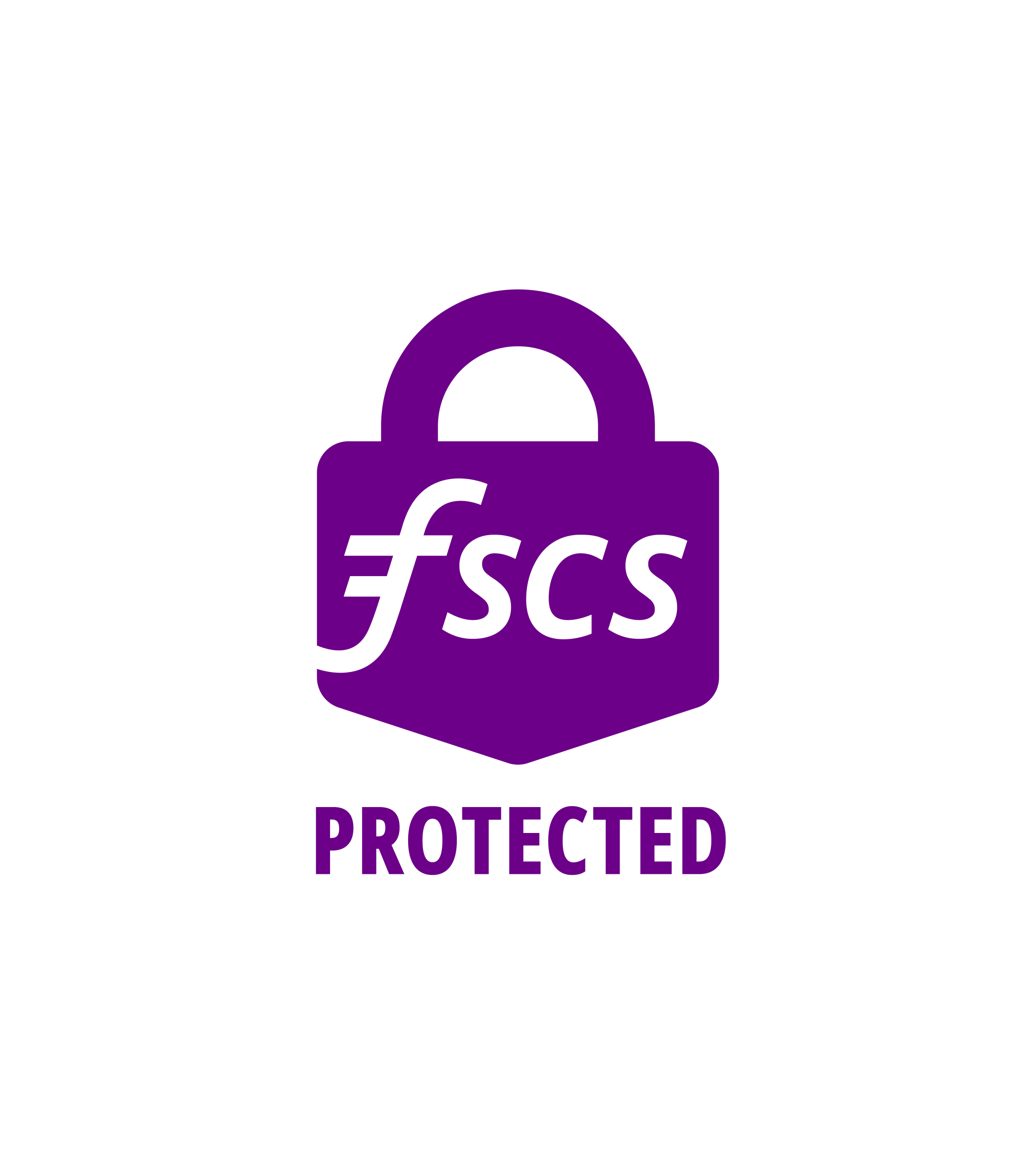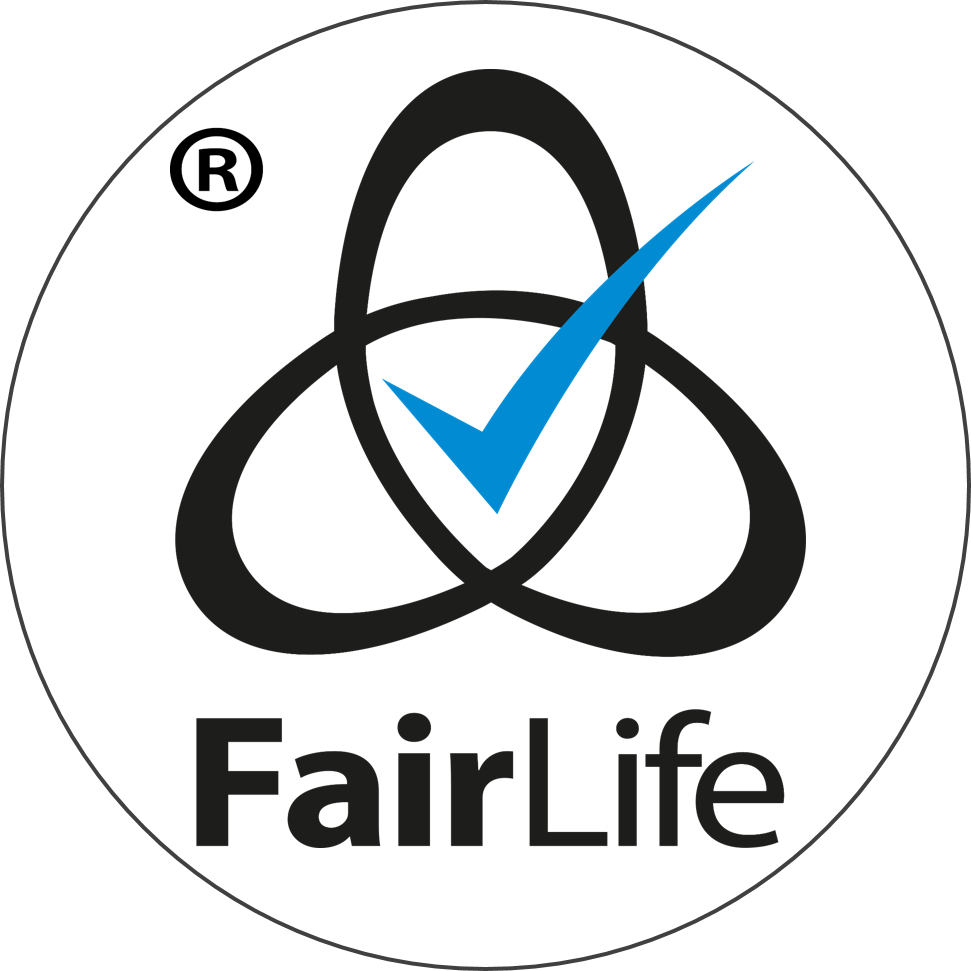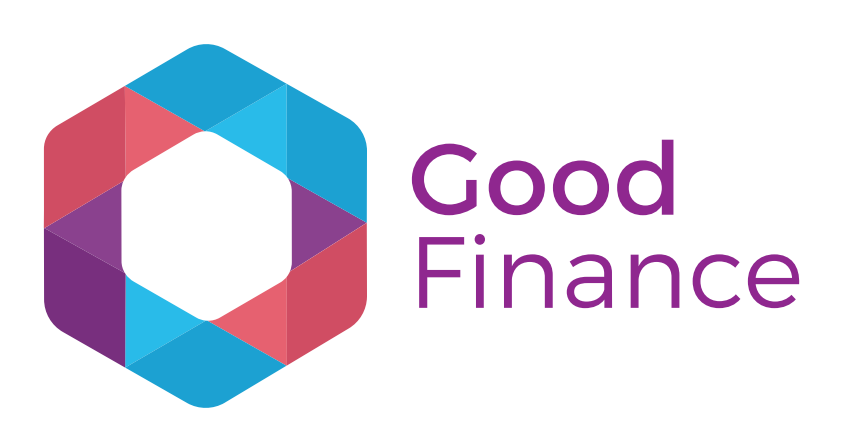
Ethical Business Savings Account: A Complete Guide
An ethical business savings account helps companies grow their money while supporting positive social or environmental change. Unlike traditional accounts, these savings products ensure deposits are not used to fund harmful industries. Instead, they support projects and organisations that make a positive difference.
If your business values transparency, sustainability, or community impact, ethical banking can be a smarter alternative. This guide explains what ethical business savings accounts are, how they work, and how to choose the right one for your organisation.
What are Ethical Business Savings Accounts?
An ethical business savings account work much like a standard business savings account, but with one key difference – where the money goes.
Ethical business savings accounts let organisations deposit money with banks that follow ethical lending policies. These accounts work like standard business savings accounts. Banks offering these accounts typically avoid lending to harmful industries and prioritise providing funding to sectors like health and social care and affordable housing projects.
Traditional banks may invest in mining fossil fuels, weapons dealing, gambling websites or industries with human rights failures and lack of labour rights. Ethical banks, however, follow strict environmental, social, and governance (ESG) criteria.
Reliance Bank, founded in 1890, is the UK’s first ethical bank. It was founded as the bank for The Salvation Army and from day one and has been delivering positive societal outcomes aligned to the mission of The Salvation Army. We offer ethical business savings accounts to businesses and charities registered in the UK.
Organisations using these accounts are contributing to social and environmental projects through their deposits. Learn more about our ethical banking services and open an account at Reliance Bank.
When you open an ethical savings account, your deposits may help fund:
- Health and social care organisations,
- Affordable housing projects,
- Food banks for people living in poverty
Types of Ethical Business Savings Accounts
Businesses can choose from several savings option, depending on their goals:
- Instant Access Savings Account – These accounts offer flexible access to funds whenever needed. However, they typically provide lower interest rates compared to other account types. If your business requires immediate access to funds, this option may be the most suitable.
- Notice Account – These accounts require you to give an advance notice to withdraw money, often with better rates than instant access. The type of notice account depends on the provider and can be of a set period such as 35 days or 90 days.
- Fixed Term Savings Account – This type of account locks in your money for a set period, usually offering the highest rates. Similar to notice accounts, these also can be of a set period such as 3 months, 6 months, 1 year or 2 years depending on the provider.
No matter which account type you choose, an ethical business savings account helps build financial reserves while ensuring your money supports positive impact.
How to choose the right ethical savings account?
Finding the best ethical business savings account takes some research. Here’s a simple process:
- Define your priorities – Decide what values matter most to your organisation. For example, Reliance Bank supports affordable housing projects, healthcare, and treatment centers for gambling-related harm.
- Research ethical banks and their policies – There are only a few ethical banks in the UK including Reliance Bank. Each bank applies different ethical policies based on its mission. Check if their ethical policies match your organisation’s values by reviewing their websites, annual reports, and published ethical statements.
- Visit bank websites to see where they invest and what their investment exclusions are.
- Check lending criteria and accreditations.
- Social Impact reporting and how they share their results
- Check the bank’s authenticity. Reliance Bank is the only bank owned by an international charity and Christian church
- Any certifications or trademarks they hold.
- Reliance Bank holds the FairLife Mark, a trademark that pledges honest pricing and fair customer treatment.
- Reliance Bank have been awarded FIRST place overall in the Charity Finance Banking Survey as voted for by our customers. Reliance Bank also achieved first place in – Telephone Services, Internet Services, ESG Credentials, Branch Service.
- Compare savings account types and rates
- Look at instant access, notice, and fixed-term accounts.
- Compare interest rates, withdrawal rules, and features.
- Match the right account with your business goals.
- Make sure you partner with a regulated bank or building society authorised by FCA and PRA.
Interest rates for ethical accounts are generally at par with rates offered by the traditional banks. However, some organisations may prioritise their mission over the highest possible rates. It’s up to your business, what matters the most to you.
- Review eligibility criteria – Each bank will have their own set of eligibility criteria. But the most common ones are:
- UK-registered business, charity, or social enterprise status
- Minimum opening deposit will vary by provider and the type of account you open
- Governing documents (Articles of Association, charity constitution)
- Proof of identity for account signatories
Some banks offer specialised accounts for registered charities or social enterprises with different terms or features.
- Complete the application – Once you have selected the provider and the type of account ideal for your business, you need to complete the application process which typically involves:
- Visiting the bank’s website and completing the application form
- Submitting the identification documents
- Providing information about your organisation
Most ethical banks offer both online and paper-based application options. Processing can vary and depend on the completeness of your application.
Do businesses pay tax on interest?
Yes, businesses must declare any interest earned on their savings. Business savings accounts pay interest gross, which means it is paid without tax deducted at source. The responsibility to declare and pay the correct tax lies with the business.
- For Limited companies: Interest earned on savings is treated as company revenue and may be subject to corporation tax.
- For Sole traders: Interest counts as personal income and must be declared in a self-assessment tax return.
More details are available on the UK Government website. Always seek advice from a qualified financial advisor.
Common savings account mistakes to avoid
- Not checking the rates regularly – It’s important to keep an eye on the rate you are receiving on your savings or current account.
- Not diversifying your savings – It’s worth looking into expanding your savings portfolio and based on your business needs, you can explore opening multiple accounts and diversifying your savings. This will depend on your requirements, if you want immediate access to funds or can lock in your money for a longer term. This way you can enjoy a better rate across your portfolio while managing your funds smartly.
- Not reviewing your account terms regularly – Banks often review their account terms and make changes accordingly. Usually these are communicated by the provider in case of any changes. However, it’s worth keeping an eye to ensure you are informed of any changes that could impact your savings.
Switch to Ethical Business Savings Account Today
Join our mission to create positive change by opening a business savings account with Reliance Bank. It’s quick and easy—just complete our online application form.
Money you deposit with us contributes to providing funding to organisations that are delivering positive social impact across the UK. Your savings won’t just grow, they’ll do good.
Reliance Bank aligns its lending practices to the United Nation’s Sustainable Development Goals (SDG’s) – a global framework for achieving a better and more sustainable future. In 2024/25 Reliance Bank’s funding helped:
- Reduce hunger for 6,140 people
- 443 people receive personal learning and development opportunities
- 6,400 people supported with community centres and facilities
- 366 healthcare bed spaces created or renovated
Open a Business Savings Account and Make an impact
FAQs about Ethical Business Savings
1. What protection do ethical business savings accounts offer?
In general, ethical business savings accounts from authorised UK banks are protected by the Financial Compensation Scheme (FSCS) up to £85,000 per account.
2. How do interest rates on ethical savings accounts compare to conventional accounts?
Ethical business savings accounts typically offer interest rates like traditional savings accounts; however the rates can depend and vary based on economic conditions and the bank’s specific policies.
3. How can I verify a bank’s ethical claims before opening an account?
You can verify ethical claims by reading the bank’s investment policy and ethical policy if they have one, checking for any certifications or trademarks, and reviewing their annual social impact reports.
4. Are there special ethical savings accounts for charities?
Yes, many ethical banks offer savings accounts specifically designed for registered charities. Reliance Bank offers savings as well as current accounts for UK registered charities. Not only that, Reliance Bank is truly authentic because it is the only bank owned by an international charity and Christian church. You can visit our charity banking page for more information.






